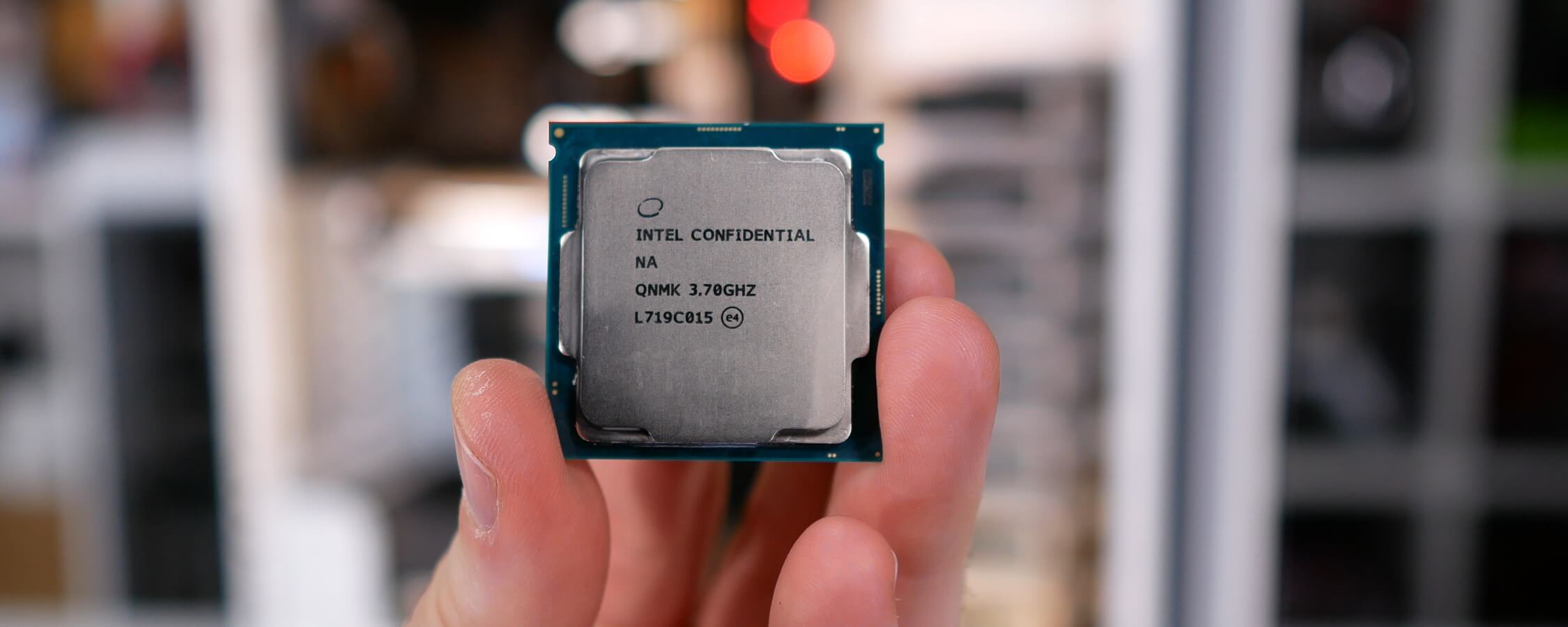Yeah, Intel is doomed.
While they have already 10nm chips, AMD is selling Ryzen+ as 12nm and in fact, it is just on 14nm+ and they don't even compare those two processes but to 16nm finfet of TSMC.
Let's look at the old roadmap:
https://I.imgur.com/lhHiwIt.png
What is there? 14nm+, woah.
Do you remember the thing AMD has been spreading..
"12LP process offers a 10% performance improvement and a 15% circuit density improvement.."
But compared to what???
Look at this slide.
https://I.imgur.com/cQJnTPS.png
Woah, marketing is a thing.
Lol yeah. I can only speak for myself and my posts. I'm trying to not make my posts too complicated, but it is true people say 12nm is comparable to 14 and the 10nm Intel will be on will be comparable to 7, in various ways, depending on what is being discussed. Its size, density, number of transistors, etc, or even which year we are talking about haha.
The foundary's in question have bought out IBM's assets, and a lot of work that was being done there has been rolled into the new process, and there's been a lot of progress on certain fronts, too in a short period of time. The last gen was typically (and unfortunately for desktop) in the grips of a mobile industry surge. But the desktop and server market has come back since those plans were underway. By the time we get to what is being called 7nm, there's actually a lot of extra steps to make a quality piece of silicon. It becomes exponential the steps involved to clean and process them - and for myself I am not talking about marketing slides and the reality of physics and the gates/transistors, and what certain measurements pertain to. There's different ways of measuring, so in actuality depending on who you're talking to, they'll either laugh at what you call 7nm or nod in agreement. And at the size of the past few generations of chips, since 14 lets frame it as, the difference is much, much smaller.
So in short: the marketing aspect you speak of has some legs and irony about it. However, I'm not speaking of those things, rather conditions; and if we're being honest, the last few generations you could get away with a bit of fluff talk.
^ That all changes though now they have moved to 7nm and are doing what they're doing on it. There's a kind of large jump in possibility when it comes to 7nm what they're doing with it; and another jump at 5nm.
After that, they're all staring a wall or looking to use a different material. So while its true it was all fluffy for some gens, there is a real and perceptible benefit to this node. And then next. The economies of scale have also lined up, so its a very exciting node to be on compared to the ones that preceded it. Because there is a legitimate increase in whats possible.
If Intel had of jumped to the next node by now, and not having competition meant they did not push (because also a node gets more cost effective as time goes on and crinkles in the manufacturing are ironed out, so why would they)... and of course no one can squeeze their head easily onto another/competitors node, so intel has intel.
To not digress further: Like any company, but from another angle is AMD, trying to boost their stocks. They need to investment dollars. Except when I look at all their marketing these days, and trust me I do go over it, I need to, its not a lot of fluff. The fluff ratio is waaaaay low on these Ryzens. Fluff factor- 5%? A few selective graphs - but they can back it all up.
____
The other reason I make mention of those things - and just talking about myself here... is of course by 2021, but probably 2020, is DDR5 Memory. Its all related to IPC and the Infinity Fabric. AMD will probably be first to DDR5 and we all know how the Ryzens like memory latency. Above that expect improvements around the Zen 2 design for this, and in anticipation of those things. These smaller components can be redesigned somewhat on a smaller node.
Basically when you tally up all the couple of per cent here and there, and over time, you arrive at a wolloping. Heck - if you run the current Ryzen+ with the 5% better memory configuration and a chip that clocks to 4.3 (though some go 4.4 and rare?4.5).. then you get to within 5% of the 8700k virtually always with IPC; and it certainly bests it on price/performance
I'm not saying Intel is going to die. I said their problems were manifold. And they are. I'm saying in relation to the IPC results we saw in these charts, its just all good news, and moreso going forward.
These things are already done, so marketing slides, and all of our 150+ cognitive biases, don't factor into it. They've already done that stuff. Intel is in a bind on the CPU front atm, wouldn't you be if you lost 20% market-share and were still trying to make the move to the next node make sense financially and technically?
Intel will be fine. I fully expect the 8700k to hold up very well going forward. It will slide by comparison to the newer chips, and don't expect the 8 core intel mainstream new one to clock very high, but they are in a bind; while on the graphics front you could say AMD is in a bind right now.
